Making waves: Could floating dairy in Europe's busiest port pave the way for future farming?
Cows enjoy beer-infused hay on the world's first offshore dairy farm in the Netherlands.
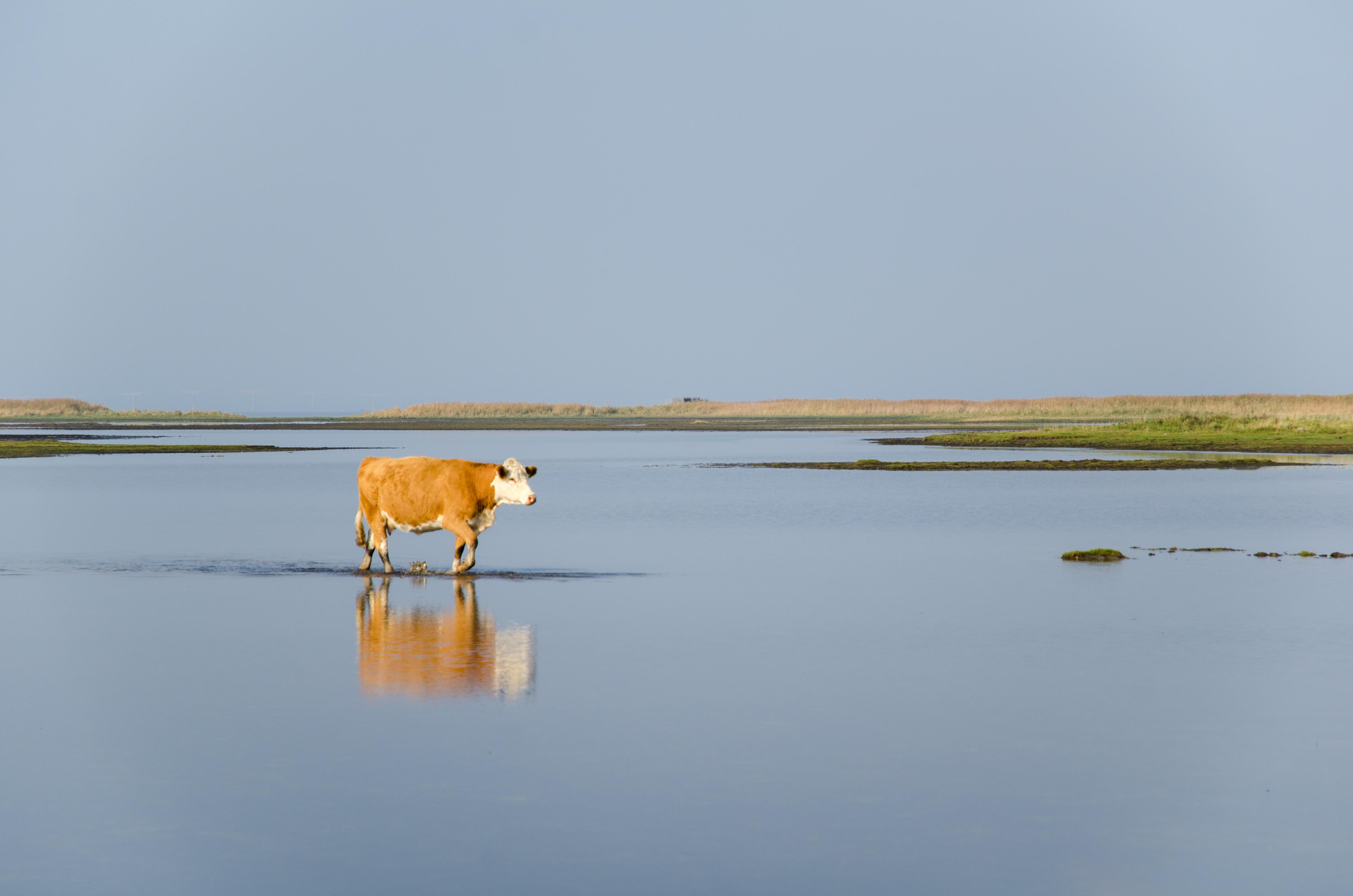
An inventive new farming method being trialled in Europe's busiest port is hoped to provide a solution to the increasing demand for food in urban areas.
Dutch property company, Beladon, has opened Rotterdam's ‘floating farm’ in the city port. The man-made island houses 32 dairy cows who are milked by robots.
While the countryside may seem a more logical place to run a dairy herd, the floating farm promises to reduce transport pollution as it is situated within the highly-populated area that requires its produce.
The experimental farm is hoped to provide an alternative way to produce sustainable food.
The pontoon is anchored to the floor and comprises of three levels. Fruit is grown on the basement floor to flavour the dairy products, and the cows are kept on the top floors.
The Meuse-Rhine-Issel cows are fed hay, potato scraps and grass trimmings from local parks, as well as commercial food waste.
Peter van Wingerden, founder of Beladon, said the cows particularly enjoy beer broth, a waste product from producing beer, which is added to the hay.
Sign up for the Country Life Newsletter
Exquisite houses, the beauty of Nature, and how to get the most from your life, straight to your inbox.
The cows are milked, fed and even mucked out, by robots. The farmer lives nearby and can keep an eye on his herd remotely.
The farm also aims to reuse and recycle as much as it can and produces some of its own energy via solar panels, as well as water from rainfall.
Despite their unusual digs, the cows appear happy in their floating environment, and the van Wingerdens say animal welfare is a priority.
‘We try to make [the cows] happier on a floating farm than in a regular stable,’ added Peter's wife, Minke van Wingerden.
The animals live in individual stalls with rubber flooring and a translucent roof. They are free to walk back onto dry land to a grass paddock via a gangway, but Ms van Wingerden says they usually stay on their island.
‘Sometimes they prefer to stay out, most of the time they prefer to stay in,’ she added.
https://www.facebook.com/CheddarNews/videos/2409135945812127/?q=floating%20farm&epa=SEARCH_BOX
Mr van Wingerden said the floating farm could provide food despite climate and weather fluctuations.
‘No matter how much rain falls, no matter how high sea level goes, we can always produce our life-essential, healthy food,’ he told BBC Radio 5 Live.
If the Rotterdam pilot is a success, the Van Wingerdens plan to launch a floating chicken farm and greenhouses to produce fruit and vegetables.
We’re sure Holland isn't the only city to float the idea of a water-based dairy farm. Who knows, perhaps the Thames could also benefit from the peaceful sound of cattle munching on ale-infused hay?
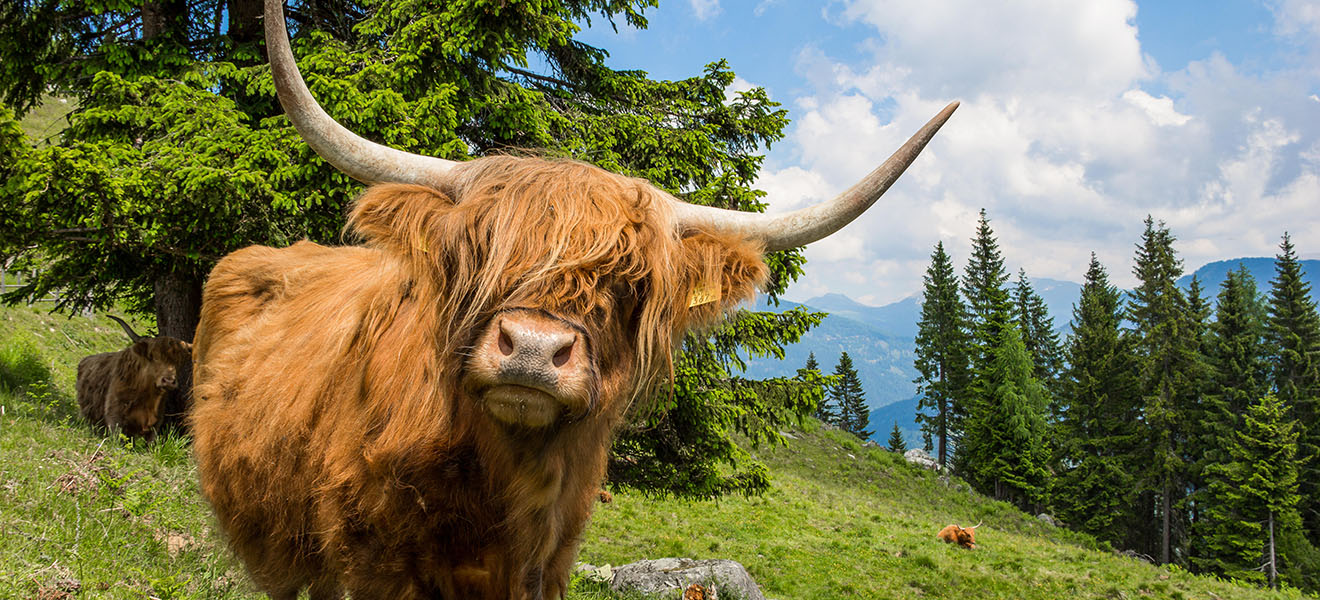
Country Life Today: The surprising truth about cows breaking wind
This morning we look at why studying animals' noxious emissions can help us make the world a better place, celebrate
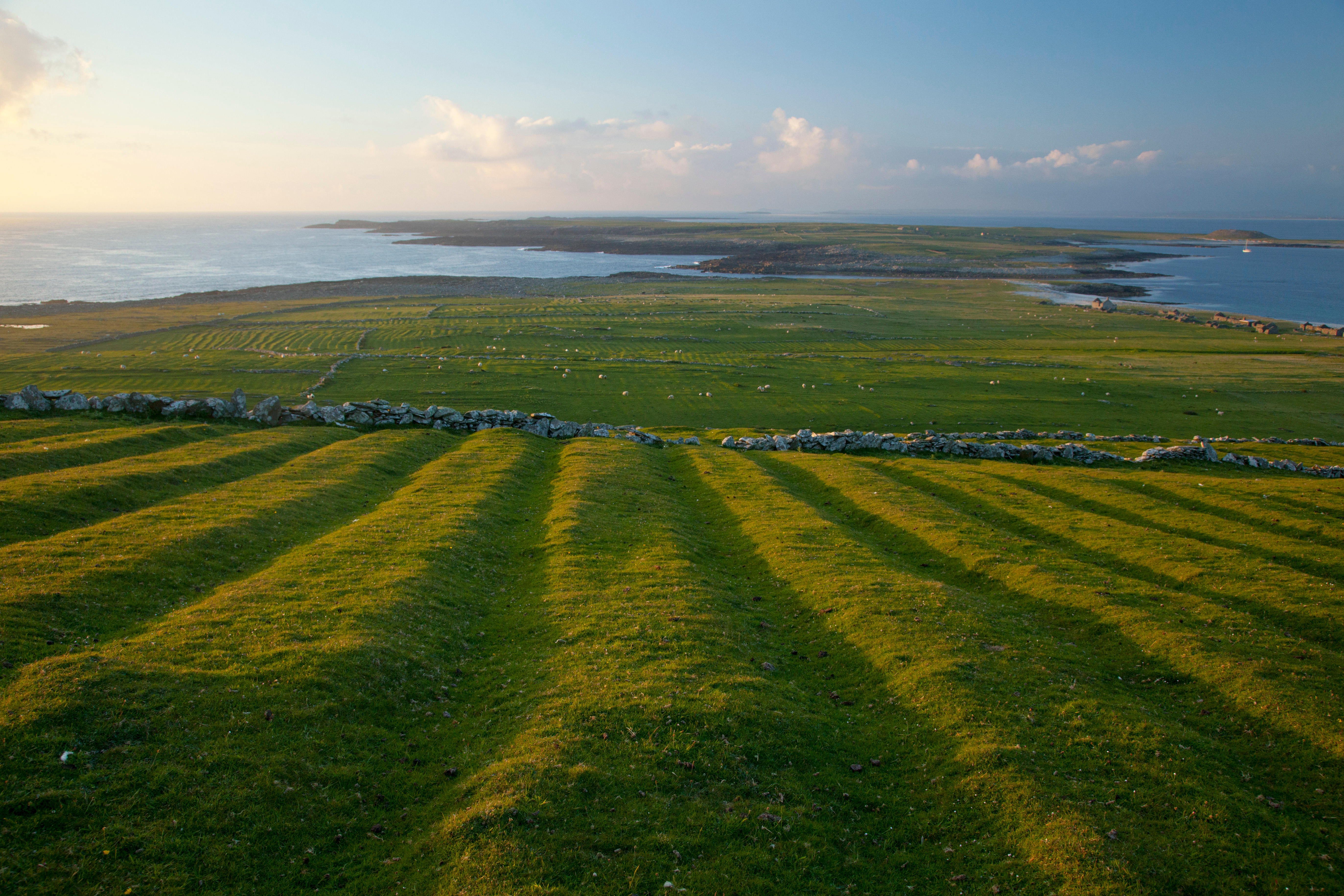
How wild potatoes could help spuds resist the deadly blight that caused the Irish Potato Famine
Scientists believe that genes from wild potatoes could help protect regular crops from the disease that caused the Irish famine.
-
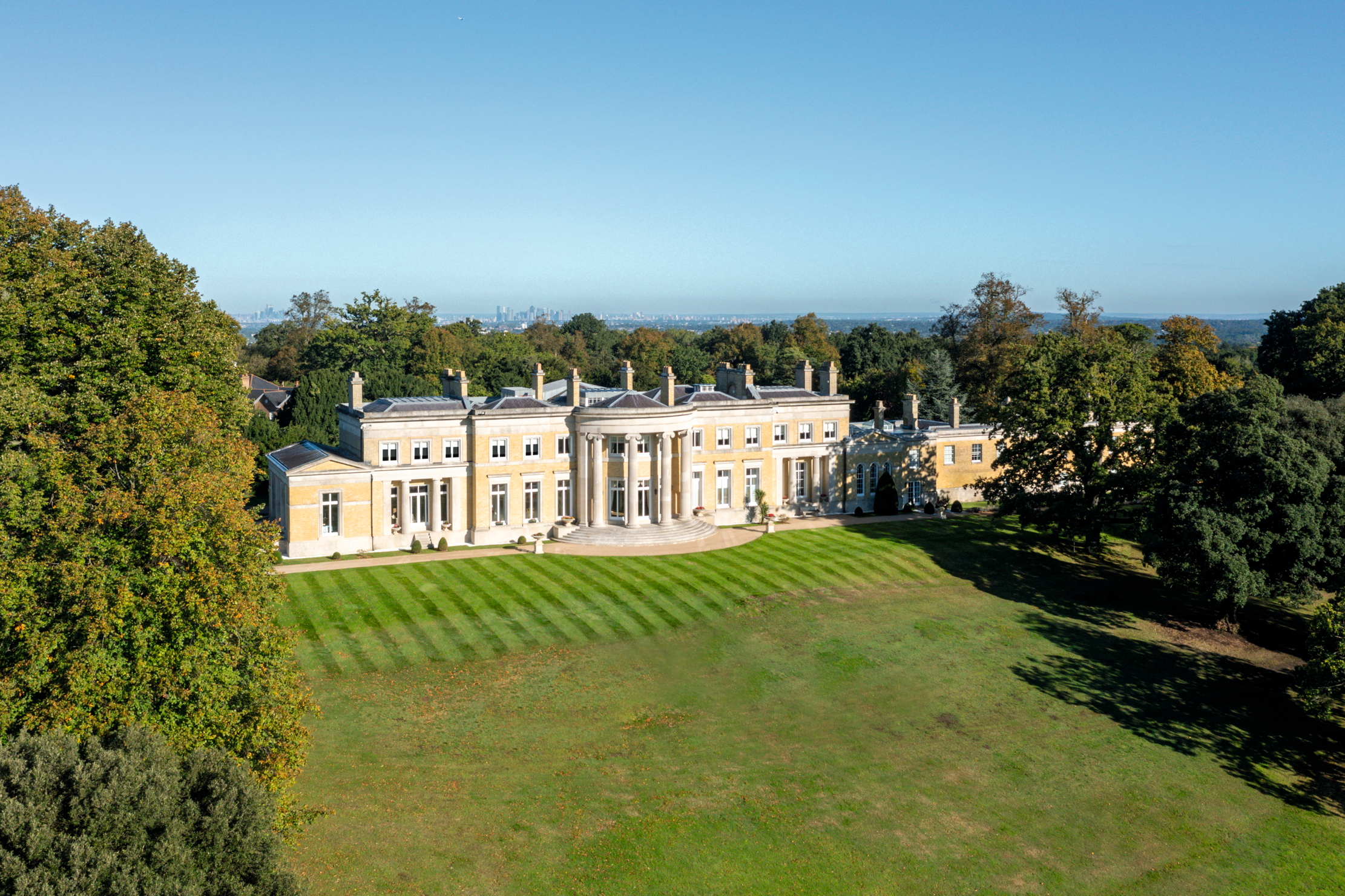 A Grecian masterpiece that might be one of the nation's finest homes comes up for sale in Kent
A Grecian masterpiece that might be one of the nation's finest homes comes up for sale in KentGrade I-listed Holwood House sits in 40 acres of private parkland just 15 miles from central London. It is spectacular.
By Penny Churchill
-
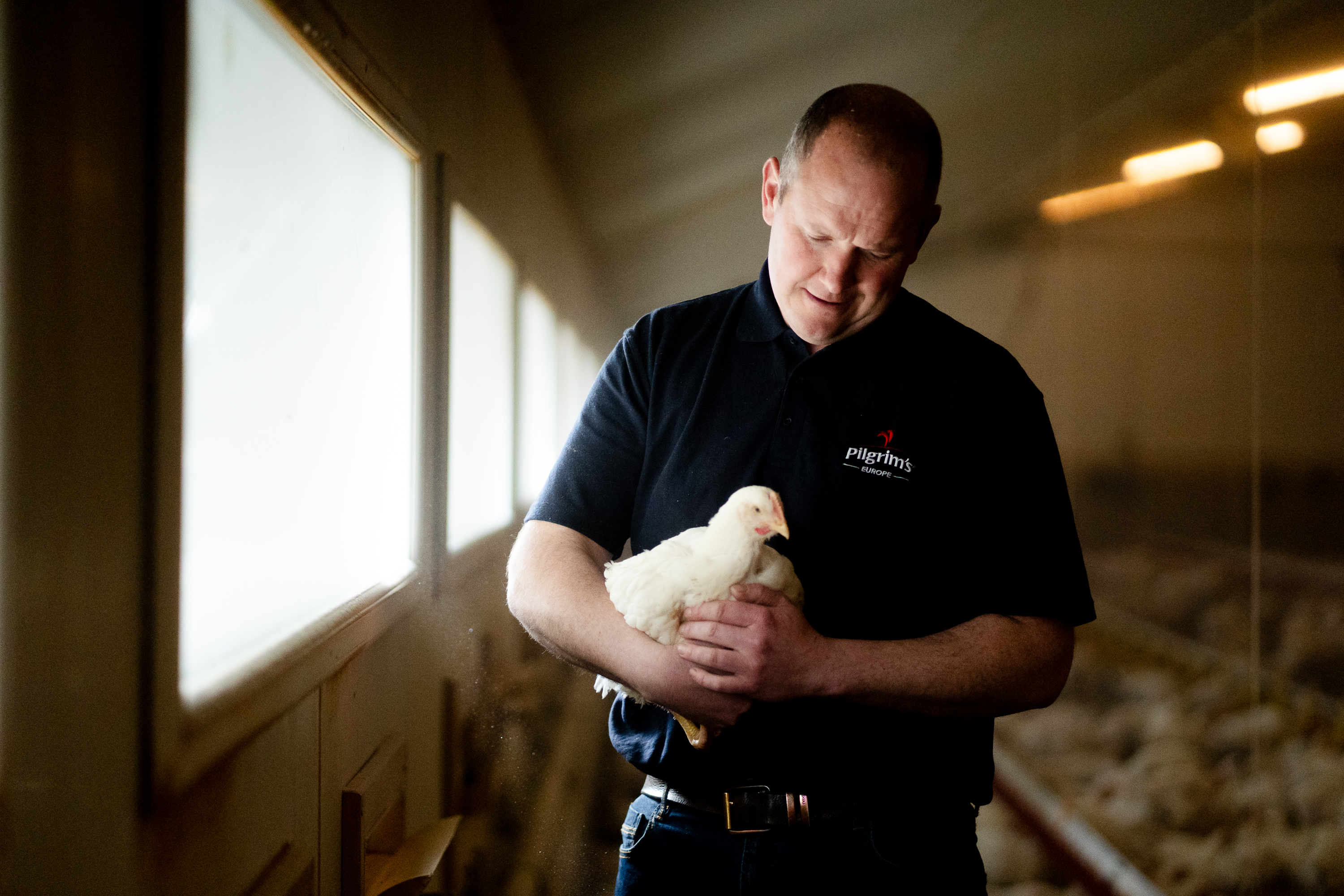 What the cluck? Waitrose announces ‘trailblazing’ pledge to help improve chicken welfare standards
What the cluck? Waitrose announces ‘trailblazing’ pledge to help improve chicken welfare standardsWaitrose has signed up to the Better Chicken Commitment, but does the scheme leave Britain open to inferior imports?
By Jane Wheatley